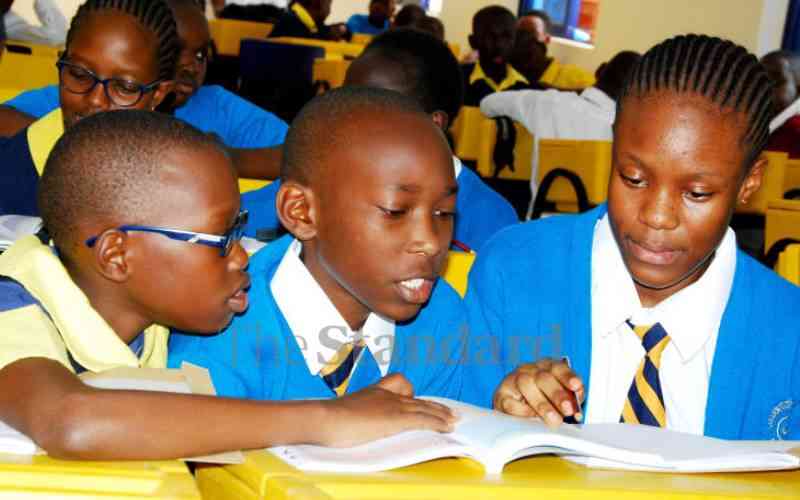×
The Standard e-Paper
Join Thousands Daily

The second phase of the Competency-Based Curriculum (CBC) came into effect on Monday when learners joined Junior Secondary School (JSS).
It has been a long journey fraught with challenges, and even now, most of those challenges remain unresolved.